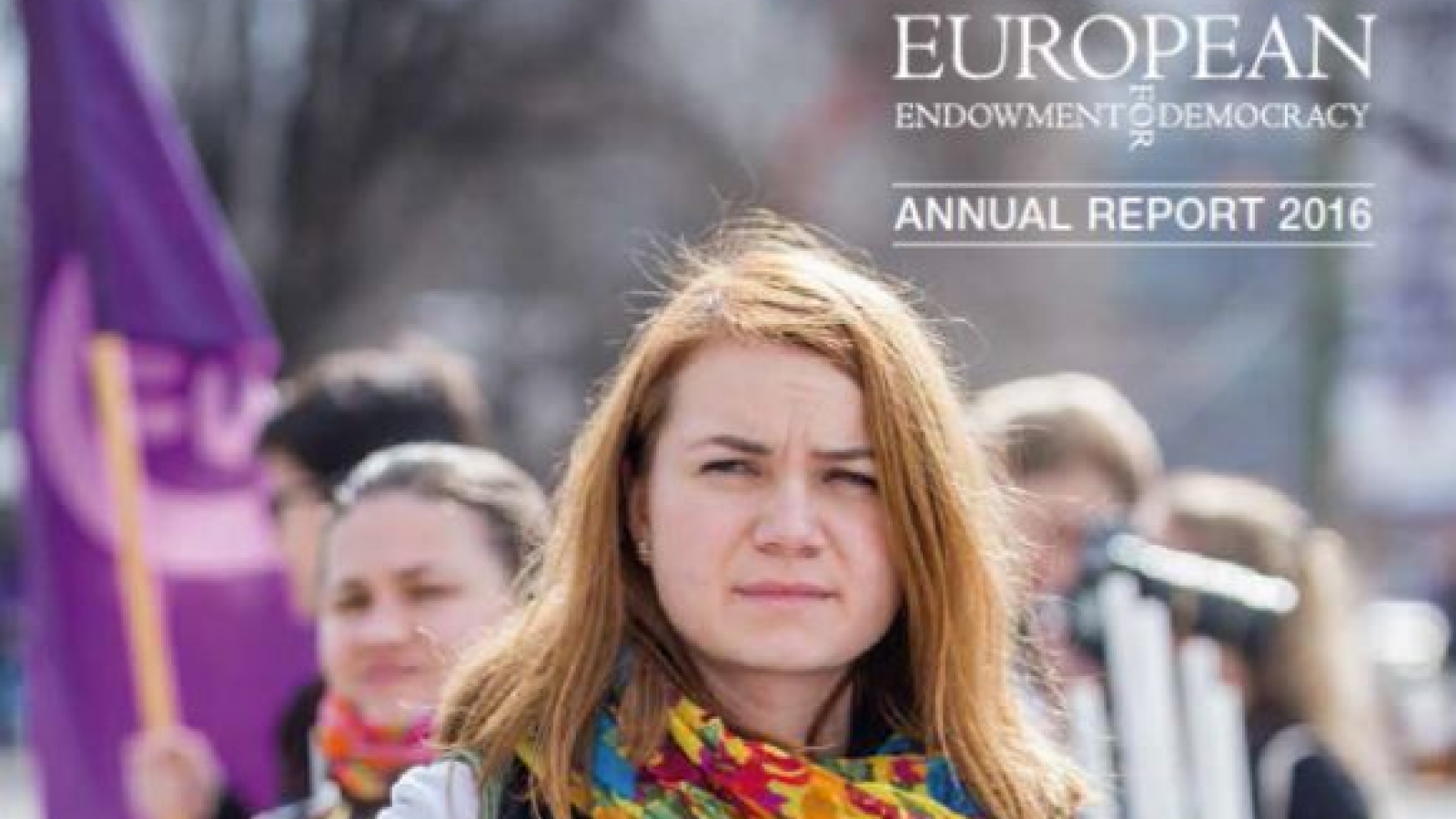The EU has expressed its support for the European Endowment for Democracy (EED), appealing for additional contributions from EU countries, after the EED presented its 2016 annual report to the EU’s Political and Security Committee.
“As we are all aware, this past year has not been an easy one for democracy,” said EED’s Executive Director Jerzy Pomianowski presenting the report. “The operational context of the EU neighbourhood where EED operates has also become increasingly hostile.”
“With these challenges comes even greater relevance, and even greater need, for an organisation like EED to support democracy activists in their struggle,” he added.
Pomianowski welcomed the deepening understanding of the key role that EED plays in complementing other democracy support programmes, and of the importance of giving EED the necessary political support and freedom to operate in a distinctive way to state-driven support programmes.
Twenty-one European countries that are members of the Board of Governors contribute to EED’s programme budget, as well as Canada. EED’s institutional stability is secured by a European Commission (EC) annual operational grant.
In 2016, EED continued the gradual expansion of its geographic mandate to the so-called “neighbours of the neighbours”, for instance, supporting activists in Central Asia, Russia and Mauritania.
As well as the fast support EED can provide, another distinctive niche lies in the organisation’s capacity to operate in dangerous environments that are generally off-limits to other donors.
Pomianowski talked of how the EED has remained very active in supporting pro-democracy Syrian groups over the past year. In countries like Egypt, Russia, Belarus and Azerbaijan, the EED’s support has been vital for sustaining pro-democracy movements.
Welcoming the presentation of the report, representatives from the EU institutions praised EED on its “outstanding job”. They noted how the organisation has proved its added value in providing support “where other donors find it difficult to work and stepping in where other EU instruments are difficult to employ”.





















































